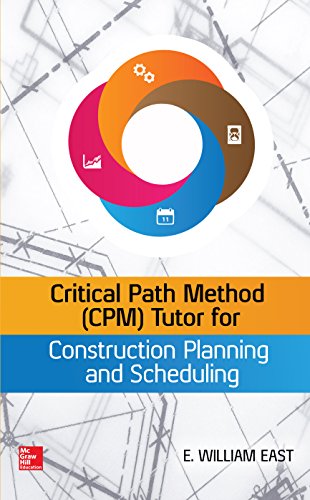The Time Schedule in the Feasibility Study
Time Frame Estimation for Real Estate Projects
The Work Program is a scheme that assigns each activity a start date and a completion date. Due to the scarcity of data that is usually inherent in the initial phase of the building project, it is usual that the time schedule is not very detailed, consisting rather in a preliminary plan that will have to be part of the Feasibility Study. The time schedule is performed through four interactive processes:
- definition of activities, which requires the breakdown of the tasks associated with each phase of the real estate project to a level which allows the estimation of the time frame
- arrangement of activities, establishing the sequence based on the dependence between them
- estimation of the time frames, which will depend on the magnitude of the resources used in the performance of each activity
- calculation of the program, usually by applying the Critical Path Method.
Estimation of Time Frames
The PERT (Program Evaluation and Review Technique) prescribes the estimation of three possible durations for each activity:
- the most probable duration
- the pessimistic duration, estimated by considering very unfavorable conditions
- the optimistic duration, estimated by considering very favorable conditions.
The use of these three estimates allows the calculation of a weighted average duration which is the one considered in the study.
Calculation of the Program
The Critical Path Method, commonly used in the timing of projects, consists of following, within the network of activities, all possible paths, adding durations and lags. Thus, it’s possible to estimate the earlier and the later date for the start and the completion of each activity and the entire project. The result of subtracting from the earliest dates the latest ones is called “clearance”. The "total clearance" is the time that an activity can be delayed without affecting the time frame of the project. The Critical Path is the one that provides zero clearance for all activities, so a delay in any of them involves an inevitable delay in the completion date of the project.
Daniel Trujillano, Architect
Feasibility Studies for Real Estate Projects


No comments:
Post a Comment